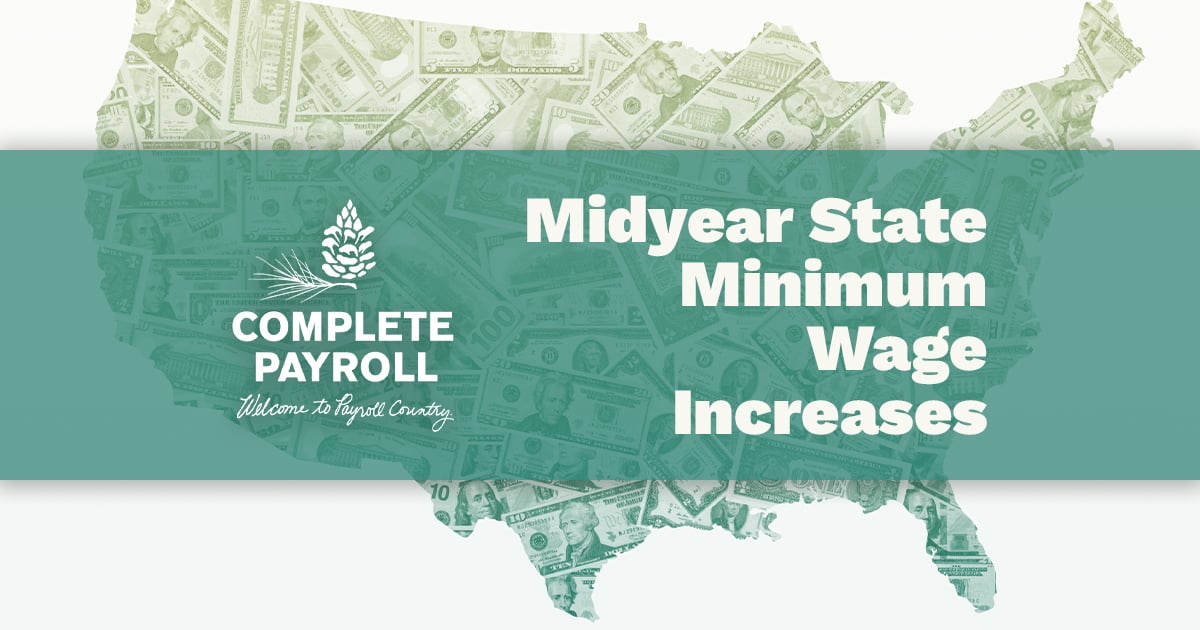Federal Administrative Exemption
Overview of Law
To be properly classified as exempt an administrative employee must pass three tests:
- They must perform certain specific duties, outlined below;
- They must be paid the minimum salary for exempt employees as designated by the Department of Labor (currently $455 per week);
- They must be paid on a salary basis, meaning they are paid the same amount every week regardless of how many hours they work, or the quantity or quality of their work.
Part 1 of the test is the hardest and employers often misclassify workers as exempt administrative employees when they don't actually qualify. In order to be exempt employees should pass the two-part duties test. If in doubt, it's safest to classify an employee as non-exempt and pay overtime when worked.
Administrative Employee Duties Test
- The employee’s primary duty must be the performance of office or non-manual work directly related to the management or general business operations of the employer or the employer’s customers. (This might include work in functional areas such as tax; finance; accounting; budgeting; auditing; insurance; quality control; purchasing; procurement; advertising; marketing; research; safety and health; personnel management; human resources; employee benefits; labor relations; public relations; government relations; computer network, Internet and database administration; legal and regulatory compliance; and similar activities.); and
- The employee’s primary duty includes the exercise of discretion and independent judgment with respect to matters of significance. (Consider whether the employee has authority to formulate, affect, interpret, or implement management policies or operating practices; carries out major assignments in conducting the operations of the business; performs work that affects business operations to a substantial degree; has authority to commit the employer in matters that have a significant financial impact; has authority to waive or deviate from established policies and procedures without prior approval.)
The Fair Labor Standards Act (FLSA) establishes minimum wage, overtime pay, recordkeeping, and youth employment standards affecting employees in the private sector and in Federal, State, and local governments. Read the basic requirements of the FLSA here.
Got a labor law question?
Our team helps employers with labor law compliance every day. Complete the form below to ask a question or request some help.
General Disclaimer
The materials and information available at this website and included in this blog are for informational purposes only, are not intended for the purpose of providing legal advice, and may not be relied upon as legal advice. The employees of Complete Payroll are not

















